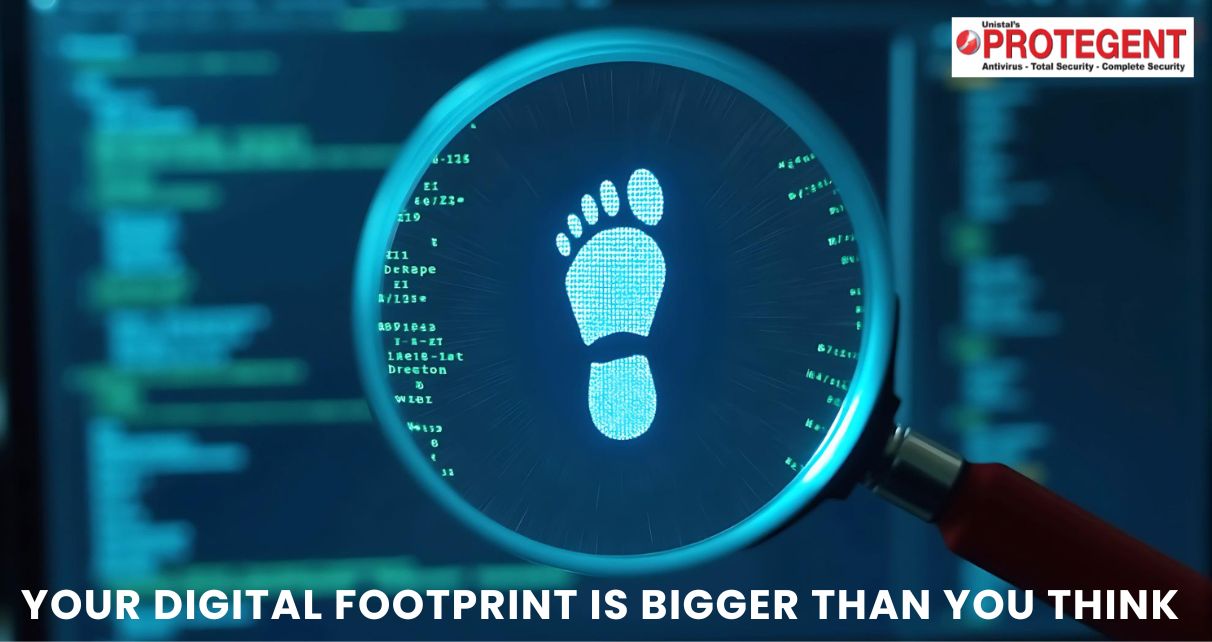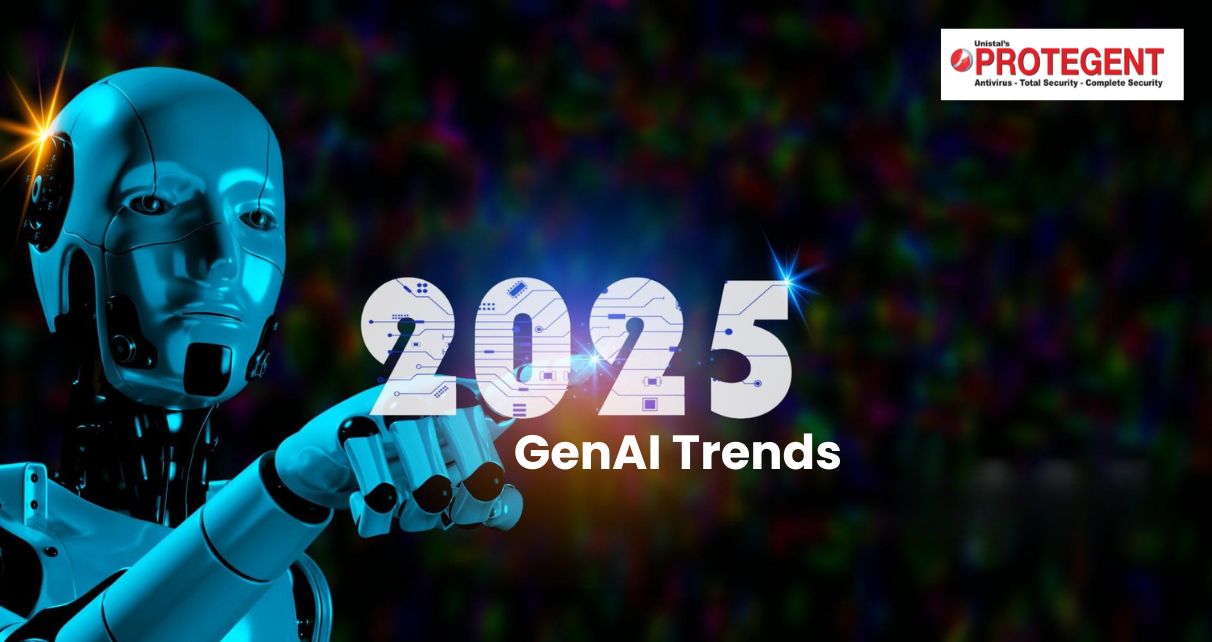Is AI making phishing emails more convincing?
“Was this you? Please confirm your identity. Someone just requested a password reset. CREATE A PASSWORD You’ll use it to log into: XXXXXXX Didn’t make this request? Click here for help.” Sound familiar? Chances are, you’ve seen emails like this—ones that demand quick action and spark a bit of panic. If your response was to ignore or delete it, great! You're one step ahead in keeping yourself secure. But if you’ve ever clicked without thinking, you already know how risky that one action can be. When it comes to cybersecurity, two age-old sayings come to mind: “Prevention is better than cure” and “Your safety starts with you.” And they couldn’t be more accurate. Whether it’s emails, messages, or phone calls, phishing attempts are designed to lure you into handing over your data. And just one careless click can tip the scales in favour of the scammers. India: A Hotspot for Phishing
Read More










